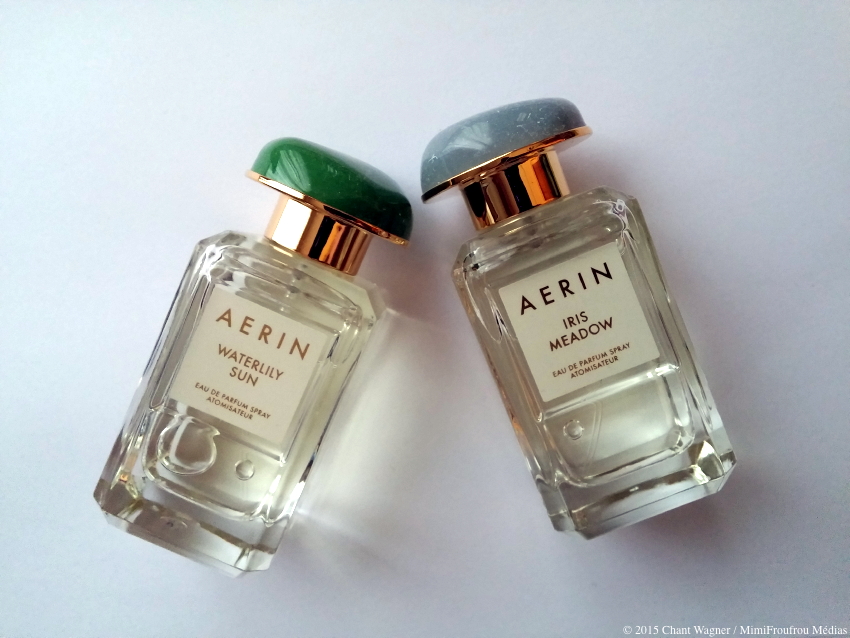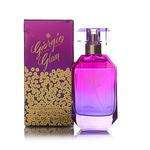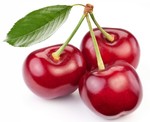Aerin Iris Meadow & Waterlily Sun (2014): About Aspirational Balance {Perfume Short Reviews}

Aerin Waterlily Sun and Iris Meadow were introduced last year in 2014. As Estée Lauder, the parent company - both figuratively and literally speaking since founder Aerin Lauder is part and parcel of the family business - are making the duo be a Mother's Day gift-with-purchase opportunity. We thought some shoppers might find the reviews useful to that effect.
The label has a lifestyle approach to fragrancing which explains the decorative packaging vying for a vanity spot. The perfumery style it offers is gentle (not weak), feminine (not girly), fresh (not soapy), and casual-elegant (not sporty)...
Waterlily Sun
The fragrance opens on very bright and curiously peppery floral top, but which feels interesting and quirky. The scent of waterlily softens and adds a je-ne-sais-quoi to the composition, thanks to its less frequent use in perfumery than, say, rose, jasmine, or orange blossom.
This is a floral tonality which should please people who have an experience of the East and of Eastern cultures. The aquatic accents are pretty hard-to-take-in if I may say so since water is never really thought of as a difficult ingredient in perfumery - to smell at least. I am tempted here to say that if you do not appreciate watery compositions, you should stay away from this one.
The lotus, to my nose, is more prominent than the Sambac jasmine. The fragrance resolves into an impression of exotic fruity jam on the skin, perhaps with accents of Kumquats. But there are also woody and metallic aquatic nuances. It ends up wafting very much and very simply of an aquatic, citrusy and "white floral" generic base which is only meant to refresh you, not to astound you with its originality.
People who like Chinese ink paintings of cool lotus ponds, Tommy Girl, 90s-era aquatics and exotic fruits will feel at home with this opus.
Iris Meadow
The opening is bright but almost instantaneously there is a beautiful rooty, sueded iris sweetened by raspberry jam, it seems at least, which comes to the fore as if it were in a hurry to express itself.
The most surprising aspects here are a dual sensation which makes you think "Why such a short introduction?" and "The nobility of iris". All its most elegant nuances seem to have been gathered to make the best impression possible. After a while, you notice bright specks of citruses flickering on the surface of the velvety grey iris. The citrusy facet becomes more prominent to the point where it feels a bit too low-brow compared with the gentility of a gorge-de-pigeon colored iris, especially since it seems to borrow some of its accents to some of the most down-to-earth toiletries, just like its counterpart Waterlily Sun. After another moment, the iris takes over again, continuing to weave its fine kid-glove-like texture set against more restrained citruses with the ambergris base being felt more. I think that the base of cedarwood and ambergris is also on the subpar side and feels chemical, i.e., brutal, compared with the delicacy of the iris note.
The main issue I see with this composition is that the iris has trouble finding its olfactory match within the blend. It makes all the other notes look prosaic and pedestrian. This might be due to the fact that all the money effort was put on the iris, which is one of the most expensive ingredients of perfumery - not to mention the packaging.
In the end, however, thanks to the magic of perfumery and the chemistry of skin, it all comes together to form a rather beautiful impression of iris on your skin, gently spiked with red fruits (mandarin + blackcurrant) and underlined with more forgettable woods.
The Takeaway
Of the two 2014 entries, Iris Meadow is the better one thanks to its melding capacity and casual-elegant charm, which for an iris can be a good practical choice. I am not sure however that they deserve to be priced so highly relative to the fragrances themselves. At the same time, they probably need this marketing positioning to distinguish themselves from the hundreds of launches that take place each year: a discreet sense of niche olfactory styling will make a better impact in the right eye-catching flacons and appropriate membership to an upscale library of scents. In other words, I'm afraid that Aerin are trying to hit on a rarefied snob nerve - more so than with Private Collection which Aerin Lauder helped develop and which offered better aspirational balance - while Estée Lauder are continuing their tradition of non-fake luxury for the masses. Guess who is going to be more popular?









